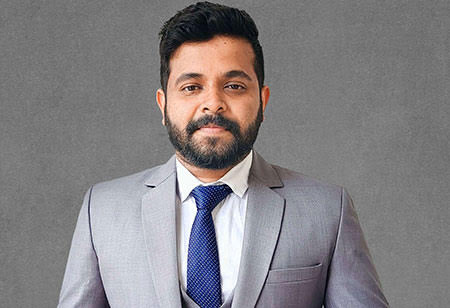
"I Shall Grow in the Esteem of Future Generations"


Sujith Vasudevan, Managing Editor, 0
The University of Melbourne has recently entered into an MoU with the Murdoch Children's Research Institute (MCRI) to develop a new blood test that can be used for diagnosing rare genetic diseases.
The joint force of researchers found that the blood test can be used to diagnose rare genetic diseases in children and babies.
These findings could make a significant difference in earlier access to treatment and also remove the requirement of expensive and invasive procedures.
David Stroud, Associate Professor at the University of Melbourne, explains, “A disease is rare if it affects fewer than 1 in 2,000 people, and there are more than 7,000 different rare diseases, most of which have a genetic origin, and many of these diseases are serious and progressive.
If our blood test can provide clinical diagnoses for even half of the 50 percent of patients who don’t get a diagnosis through genome sequencing, that’s a significant outcome as it means those patients don’t have to undergo unnecessary and invasive testing such as muscle biopsies, which for a baby requires general anaesthetic and that doesn’t come without risks.”
This research could potentially become groundbreaking and change the lives of children around the world. This special issue of CEO Insights is dedicated to the prestigious alumni of the University of Melbourne. Do let us know your thoughts.
David Stroud, Associate Professor at the University of Melbourne, explains, “A disease is rare if it affects fewer than 1 in 2,000 people, and there are more than 7,000 different rare diseases, most of which have a genetic origin, and many of these diseases are serious and progressive.
If our blood test can provide clinical diagnoses for even half of the 50 percent of patients who don’t get a diagnosis through genome sequencing, that’s a significant outcome as it means those patients don’t have to undergo unnecessary and invasive testing such as muscle biopsies, which for a baby requires general anaesthetic and that doesn’t come without risks.”
This research could potentially become groundbreaking and change the lives of children around the world. This special issue of CEO Insights is dedicated to the prestigious alumni of the University of Melbourne. Do let us know your thoughts.